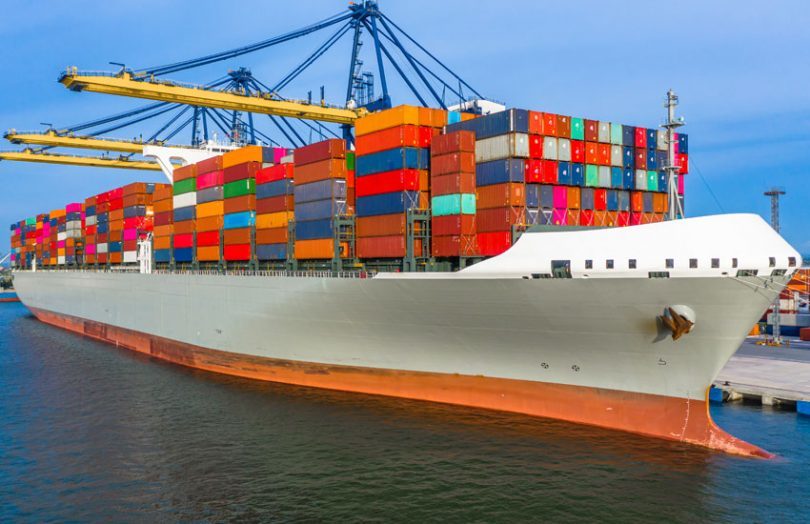Yesterday the blockchain trade platform TradeLens announced that Citi piloted a paperless trade transaction for client Syngenta Bangladesh. Agrochemicals were imported to Bangladesh from India with an electronic bill of lading (eBL) used to support the Letter of Credit for trade finance. TradeLens is the blockchain network founded by IBM and a Maersk subsidiary and the TradeLens eBL is one of its main offerings.
Using the eBL is estimated to have reduced the transaction by ten days, as well as paperwork costs, postage and charges for storing the container at the port (demurrage).
“Trade has traditionally been reliant on paper-heavy documentation across multiple parties thus making transactions complex and riskier,” said Citi Treasury and Trade Solutions Head for Bangladesh, Md. Moinul Huq. “Embracing innovative technologies and platforms are bringing substantial benefits to our clients and to Citi as their banking partner.
TradeLens was used to share and validate all the documents, including the eBL, invoice, packing list and certificate of origin. Digitally validating documents also reduces the risk of fraudulent bills of lading.
The move to standardization, including eBL
The inefficiencies of paper-based trade were highlighted by the COVID pandemic, with the drop in shipments followed by a massive surge.
Carl Bentzel, Commissioner of the United States Federal Maritime Commission (FMC), recently spoke about the issues with the DCSA.
“Once production started up again, there was a 20% surge in the other direction,” said Bentzel. “These dramatic swings created extreme resource management challenges at the ports of Los Angeles and Long Beach, two of the most heavily trafficked port complexes in the US. As we looked into the issues these ports were having, it quickly became apparent that maritime logistics had a data communication problem. Tremendous amounts of data were being generated with no common data lexicon.”
That’s something that the World Trade Organization (WTO) and the International Chamber of Commerce (ICC) have addressed with the Digital Standards Initiative (DSI). And for bills of lading, the Digital Container Shipping Association (DCSA), backed by several major container shipping firms, has developed the eBL standard recommended by the DSI.
In July, the DCSA launched an eBL interoperability proof of concept that included eBL providers CargoX, edoxOnline, essDOCS and WAVE BL.
We asked TradeLens whether its eBL solution complies with the DCSA standard but didn’t receive a response in time for publication.
Citi’s extensive blockchain trade finance footprint
Apart from TradeLens eBL, Citi already has extensive blockchain trade finance activities. It was a founding investor in Contour, the trade finance network that started by focusing on Letters of Credit. It’s also an investor in the commodities trade finance network komgo, a participant in Ant’s Trusple for SMEs, and it’s involved in the blockchain trade finance marketplace TradeAssets.











 All while Pfizer—a company with a $2.3 billion criminal fine for fraudulent marketing, bribery, and kickbacks—was given blanket immunity from liability and billions in taxpayer dollars to produce a vaccine in record time with no long-term safety data.
All while Pfizer—a company with a $2.3 billion criminal fine for fraudulent marketing, bribery, and kickbacks—was given blanket immunity from liability and billions in taxpayer dollars to produce a vaccine in record time with no long-term safety data.
























